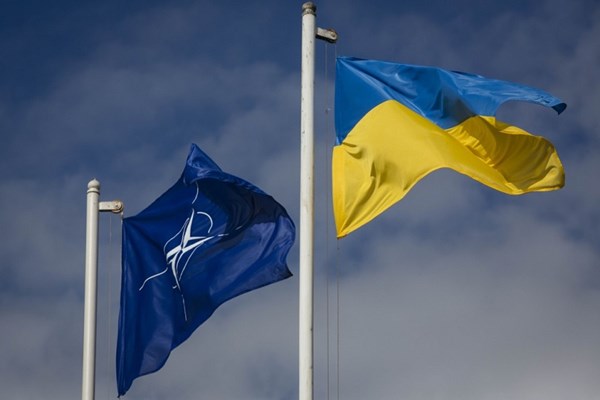NATO pledges continued military and humanitarian aid for Ukraine with billions allocated for 2024
NATO countries have resolutely stated that they will continue to provide Ukraine with substantial military, economic, and humanitarian aid, with many nations planning to allocate "billions of euros in additional strength and resources in 2024," according to a NATO press service announcement following the NATO-Ukraine Council meeting on Wednesday, January 10, in Brussels.
Furthermore, "NATO's promise was that this year, 500 million euros would be allocated to Ukraine's priority projects," said the Head of the Ukrainian Mission to NATO, Natalia Galibarenko, to reporters after the meeting. "Each and every NATO country without exception confirmed that they will continue to support Ukraine and that their governments are not fatigued. Everyone understands that this war is going to be a protracted one, and assistance must continue uninterrupted," she elaborated. Galibarenko referred to some countries' announcements of new military aid packages as "good news at the beginning of the new year."
According to the mission head, a number of countries pledged to increase their contributions to NATO's comprehensive assistance package. "This is the tool that, for two years of war, allows us to meet our most pressing needs—essentially to purchase anti-drone systems, fuel and oils for equipment, tourniquets, medications," explained Galibarenko, emphasizing that projects for humanitarian demining and infrastructure restoration would also continue under this mechanism. Among these plans is the construction of an integrated air defense system in Ukraine, she reported, without going into details.
Allies have noted the effectiveness of the operation of air defense systems in the country, Galibarenko highlighted, because "when discussing the downing of 'Shaheds' and cruise missiles, we are talking about an efficiency of over 80 percent." She also said that allies welcomed the offensive actions "to be taken by our armed forces to expel the Russian fleet from Crimea." "There was a signal that such success for Ukraine indicates a very correct strategy because the best defense is offense," the Head of the Ukrainian Mission to NATO stated.
Galibarenko mentioned during the meeting that "NATO and allies must play their part in implementing sanctions and exerting pressure to prevent further missile supplies to Russia by third countries."
The NATO-Ukraine Council meeting took place at the ambassadorial level and was convened at Kyiv's request amid an increase in the scale and intensity of aerial attacks by Russian forces across the country. General Secretary Jens Stoltenberg chaired the session, as reported by the alliance's press service. NATO ambassadors and invited representatives from Sweden conducted a video conference briefing attended by the Commander of the Ukrainian Air Forces Mykola Oleschuk and Deputy Minister of Interior Oleksiy Serheev.
The NATO-Ukraine Council was established at the NATO summit in July 2023 and serves as a forum for consultations, decision-making, and joint activities between NATO and Ukraine.
